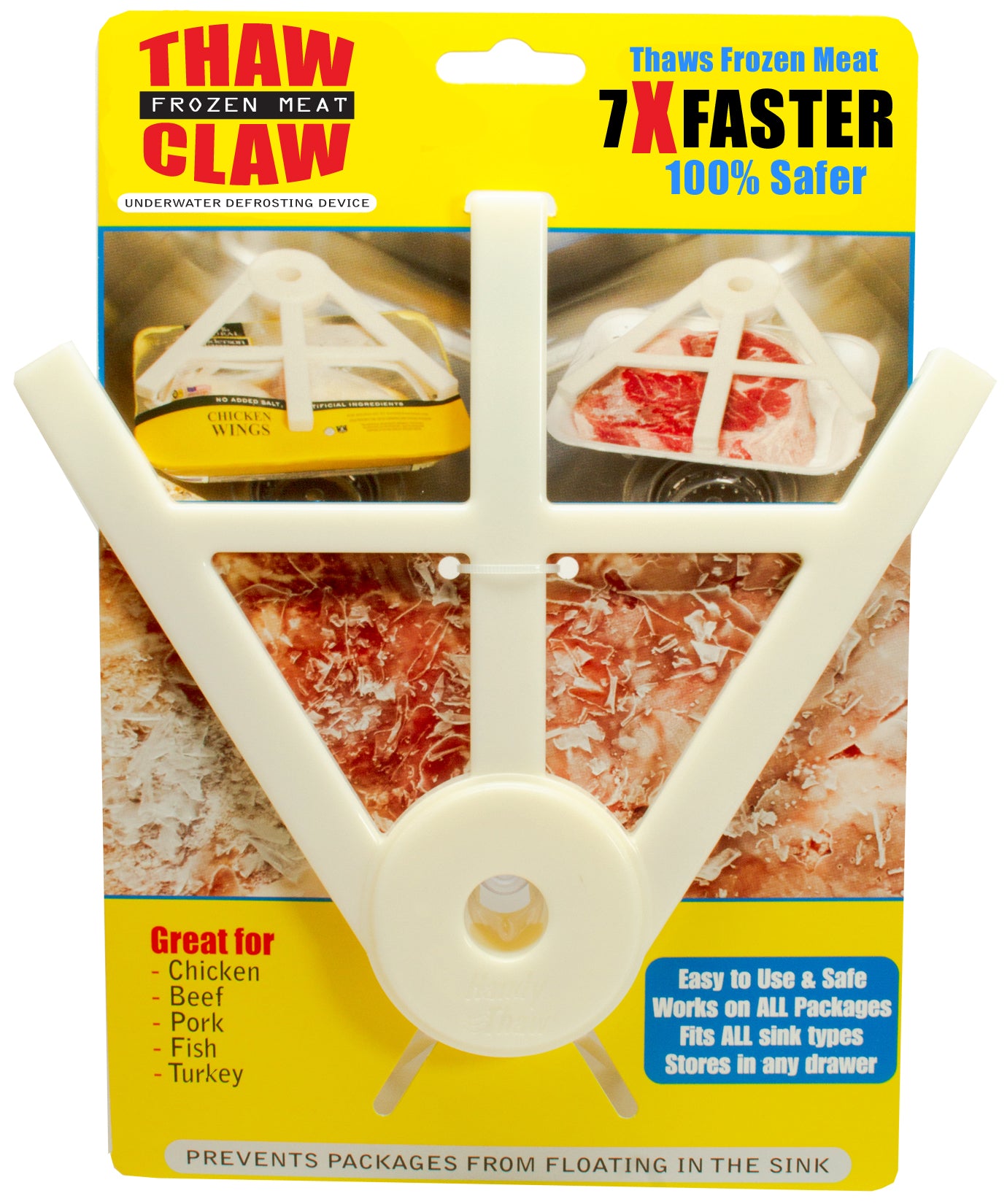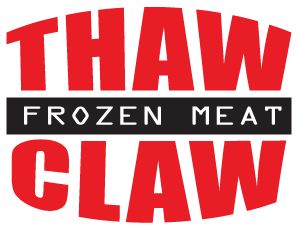Improper Food Safety Is The Cause Of Many Common Health Issues

How Food Bacteria Starts:
Most people don’t think about thawing as a dangerous food preparation step. The food is still cold, frozen, so what could go wrong? Thawing is truly a critical point in food preparation. During this process, time and temperature should be controlled for the safety of foods. If done wrong, you could become seriously ill. Foods should never be thawed in the microwave or on the counter. They must not be left at room temperature more than two hours. Even though the center of the food may still be frozen, as food thaws on the counter or under hot water, the outer layer could be in the danger zone (41˚F - 135˚F). In the danger zone, bacteria will rapidly grow. Although freezing prevents microbial growth in foods, it will not destroy all Micro-organisms. Most bacteria present before freezing will be there after thawing. As soon as any part of food begins to thaw, bacteria start to multiply. The number of these bacteria will not reach dangerous levels within short periods of time if the food has been safely thawed, transported, and stored. On the other hand, improper thawing provides an opportunity for bacteria that may have been present before freezing to multiply to harmful numbers.

You Want To Avoid THIS (It's Bad):
Food poisoning is very common. It can be distressing and sometimes life-threatening problem for millions of people in the world. People infected with food-borne organisms may be symptom-free or may have symptoms ranging from mild intestinal discomfort to severe dehydration and bloody diarrhea. Depending on the type of infection, you can even die as a result of food poisoning.
More than 250 different diseases can cause food poisoning. Some of the most common diseases are infections caused by bacteria, such as Campylobacter, Salmonella, Shigella, E. coli O157:H7, Listeria, botulism, and norovirus.
Source: WebMD - William Blahd, MD





